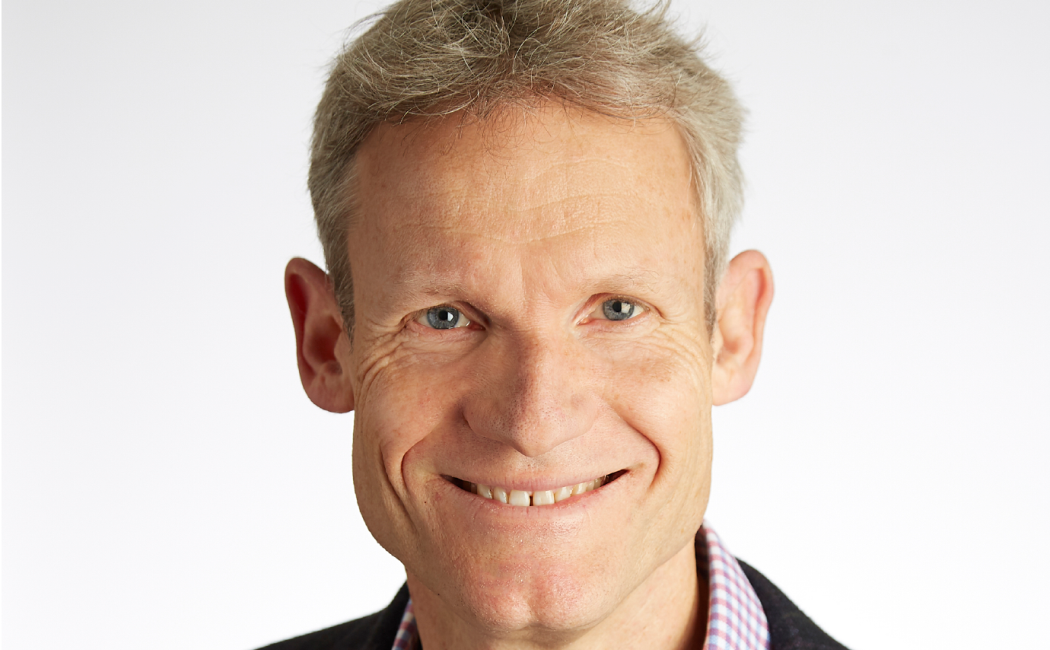.jpg?sfvrsn=1a62d0cb_0)
.jpg?sfvrsn=1a62d0cb_0)

Alternative Modelling & Simulation Methods for Heterogeneous Geologic Porous Media
Heterogeneous permeability, capillary pressure, and strength are key characteristics of geologic reservoirs. In many cases, the heterogeneity is due to nested geological features like the mm-scale coarse-fine intercalations of cross-bedded sandstones, or the km-scale lagoon, reef, and fore-reef facies associations of middle eastern
carbonate ramps. Where these sediments have experienced an overprint by diagenesis, deformation and-or reactive fluid flow, initial heterogeneity is amplified even further: dissolution, fracturing and-or dolomitization can impart long-range spatial property correlations, amplifying anisotropy.
This lecture summarises advanced geomodelling techniques and tools that enable an adequate representation of such nested geoheterogeneities, and it introduces novel simulation tools for physically realistic computations of reactive multiphase transport and the flow dynamics that ensue within them. Emphasis is placed on intermediate scale features (~0.1 - 500-m in size) as these are difficult to investigate in the lab and concealed below the earth’s surface due to the limitations of geophysical imaging techniques. The investigative methods presented are field-data based numeric simulations, solving elliptic-parabolic equations (fluid pressure, temperature, chemical diffusion) with finite element, and hyperbolic ones (multiphase flow and tracer transport) with finite volume methods. Rapid and slow processes are resolved simultaneously using asynchronous, spatially adaptive time evolution schemes.
The emergent behaviour that application of this alternative workflow allows to reveal is illustrated with examples ranging from water flooding of naturally fractured reservoirs maximising hydrocarbon recovery to rate-dependent sweep during CO2 geo-sequestration. The presentation concludes with a general discussion of the impact of geoheterogeneity, addressing the questions: given the nested scaletransgressive nature of geologic heterogeneity, how can models be upscaled / simplified? – and – acknowledging that heterogeneity reduces sweep, how can porespace utilisation during CO2 geosequestration be optimised?
Chair of Reservoir Engineering